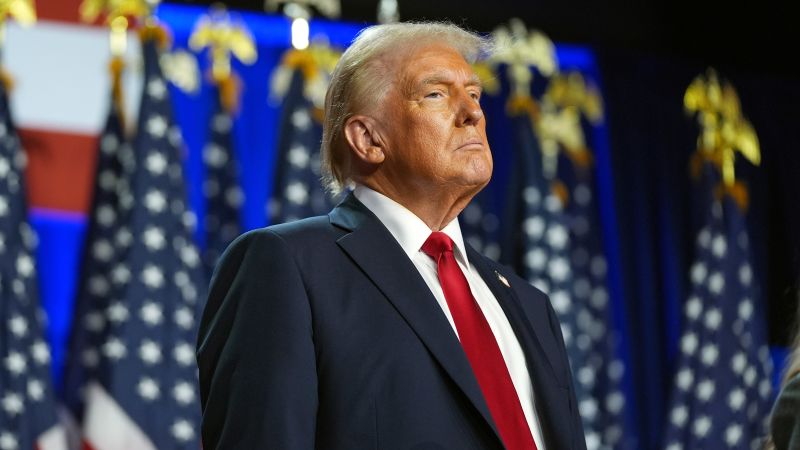
How prediction markets saw something the polls and pundits didn’t
CNN
How prediction markets saw something the polls and pundits didn’t
In the days leading up to the US election, pollsters had the race deadlocked. The vote was essentially a coin flip. But over on the betting platform Polymarket, the odds were much more solidly in former President Donald Trump’s favor. On Monday, Trump led Vice President Kamala Harris 58% to 42% — a lead that, by Wednesday morning, proved to be a much more accurate reflection of reality. For free market purists, the success of betting sites like Polymarket, Kalshi and PredictIt isn’t surprising at all. The basic theory behind prediction markets is that a lot of people with money on the line can better predict an outcome than any one expert. Even if those people are not well informed, collective wisdom emerges from everyone’s aversion to losing money. “Financial markets are generally pretty efficient, and the evidence suggests that the same is true of prediction markets,” Eric Zitzewitz, an economics professor at Dartmouth, tells me. “There’s no virtue-signaling in an anonymous market when you’re betting.” The way it works: You can login to just about any of these sites (technically US bettors aren’t allowed to trade on crypto-powered Polymarket) and wager on the outcome of any event. The presidential election was a popular market, but there are plenty of others, like, will Taylor Swift and Travis Kelce break up in 2024? (A 12% chance, per Polymarket bettors.) Or, will America ban TikTok this year? (Highly unlikely, at 3%.) Who will win the Super Bowl? (The Chiefs are the current favorite, with a 19% chance, followed by the Lions at 17% and Ravens at 13%.) You’re essentially buying a share tied to a particular outcome. The shares trade between $0 and $1, and once the event is resolved, shares tied to the correct outcome pay out a dollar. If you bought Trump shares on Monday, when they were 58 cents, you can expect to make 42 cents on the dollar.

A typical 401(k) plan only offers stock and bond funds that invest in publicly traded companies. But private companies — traditionally the domain of institutional and high-net-worth investors — have become a significant part of the overall investing market. Do they belong as an option in workplace retirement plans, given that they are often more expensive and less transparent than publicly traded securities?

President Donald Trump’s attacks on Federal Reserve Chair Jerome Powell are so commonplace at this point that they barely register in financial markets these days. The rapidly intensifying multi-pronged efforts by Trump’s advisers to amplify and expand on Trump’s attacks are a good reason to rethink that indifference.





















 Run 3 Space | Play Space Running Game
Run 3 Space | Play Space Running Game Traffic Jam 3D | Online Racing Game
Traffic Jam 3D | Online Racing Game Duck Hunt | Play Old Classic Game
Duck Hunt | Play Old Classic Game









